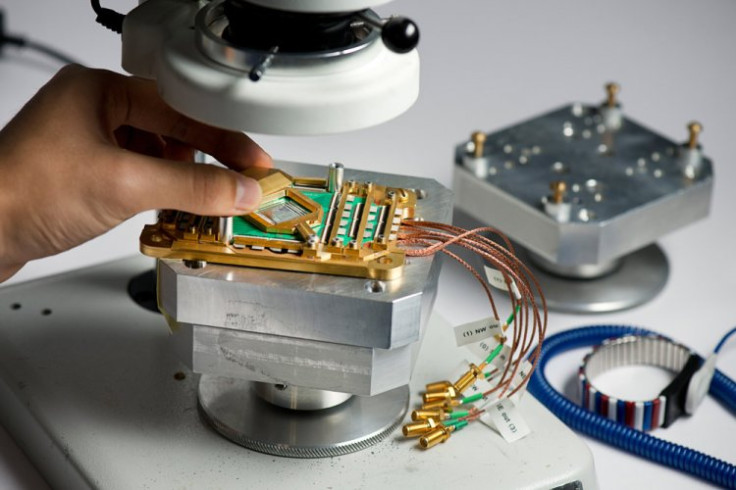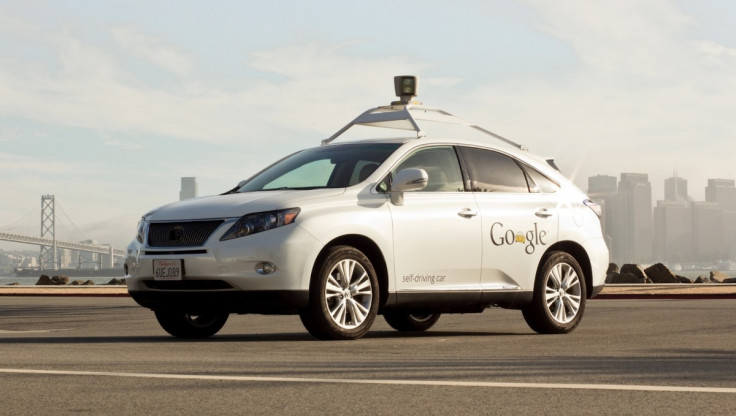What is Quantum Computing and What Could it Achieve?

Quantum computing has been widely hailed as the next technological revolution, capable of harnessing the potential power of atoms and molecules to exponentially increase the power of traditional processors.
By combining computer science with quantum physics, quantum computers replace the classical bits (the 1s and 0s) that are used in digital communications with quantum bits, or qubits.
These allow quantum computers to solve problems with unprecedented accuracy and efficiency.

Qubits act in a state of superposition that allows them to operate in multiple states at once, rather than just the two states in which traditional bits function.
Normally a bit is either a zero or a one, but qubits can be a zero or a one or a state in between in which essentially they operate as both at the same time.
If it seems difficult to understand, that's because it is. Richard Feyman, a renowned quantum theorist, once quipped: "If you think you understand quantum physics, you don't understand quantum physics."
What can they be used for?
Quantum computers were first theorised by Feyman in 1982 but over thirty years later the field is still in its infancy as scientists continue to try to understand how it works and what to use it for.
Teams of scientists around the world are developing the technology in the belief that it is the future of computing, capable of sating our ever-growing technological needs and of solving some of the world's biggest problems.
The most obvious application for quantum computers is with complex optimisation problems that arrive through the vast amounts of data that are currently being produced.
This could have implications in virtually any field, generating new and useful insights into economic systems, the environment, medicine and even space exploration.

The list of companies and organisations utilising quantum computers is growing by the day and includes the likes of NASA, Google, and the CIA.
While NASA is using the technology to comb through data to help discover distant planets, Google is hoping it will help in the development of a self-driving car.
Technological revolution or over-hyped fad?
Currently, quantum computers do not have many practical applications and any hopes of a commercial computer that could replace classical computers on a day-to-day basis are still a long way off.
While new discoveries are bringing this reality ever closer, the fact that still so little is known has led some naysayers to argue that quantum computers will never be useful beyond highly specific tasks. However, even if this is the case, the potential is still vast.
Some scientists, including director of Nasa's Ames Research Centre Pete Worden, have even suggested that quantum computers will establish a fundamental theory to help understand the universe.
"To me the most important question is: Are we alone?" Worden said. "I have a feeling that quantum computers, as they mature, are going to help us answer that question."
© Copyright IBTimes 2025. All rights reserved.






















